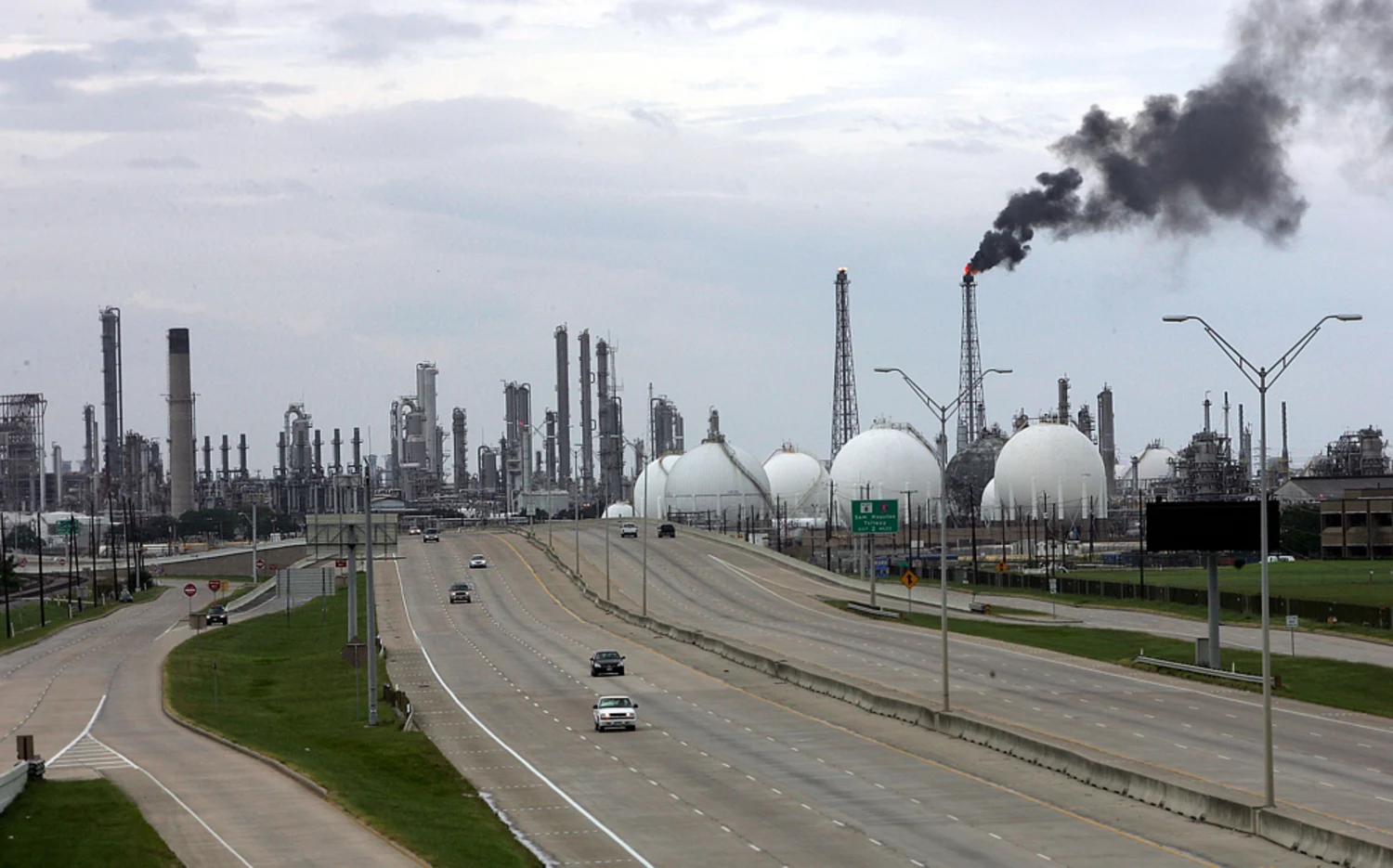Lake Charles, LA (KPLC) – Local refineries have state and federal approval to pollute our waterways, as long as they adhere to the limits of their permits.
An environmental group in Washington D.C. has just released their Environmental Integrity Project report. It breaks down the quantities of pollution discharged from refineries and ranks the companies.
“The Phillips 66 Lake Charles refinery was one of the worst in the nation for ammonia pollution. The CITGO Lake Charles Refinery was also one of the worst in America for ammonia pollution. It was the 7th highest of the 81 refineries we studied,” Tom Pelton, Communications Director for the Louisiana Integrity Project said.
Pelton said permit limits apply to just ten pollutants including ammonia. He said the EPA should do more to enforce the clean water act because it’s putting the environment and people’s health in jeopardy.
“One problem we highlight in the report is that there are a lot of pollutants that come out of refineries that are completely legal. And that’s the problem. We want EPA to do its job and set some limits for some of these pollutants that are very harmful,” he said.
And while Pelton said the permit limits are not restrictive enough, he said the refineries still don’t always stay within the limits.
“The Phillips 66 Lake Charles Refinery had 10 effluent exceedance violations between 2019 and 2021. And CITGO Lake Charles Refinery had two violations of its permit from 2019 to 2021.”
He said better technology and enforcement are needed if people are to fish and swim in the Calcasieu river system.
“Refineries in the Lake Charles area release about 675 thousand pounds of nitrogen pollution a year in the Calcasieu river. That’s as much as about six sewerage treatment plants, and nitrogen pollution causes algae blooms which then rot and die and cause dead zones that can kill fish,” Pelton said.
A representative of the American Petroleum Institute issued the following statement:
“The natural gas and oil industry is committed to protecting the health and safety of its employees, the communities in which it does business, and the environment.”
“Our industry takes seriously its obligation to protect our nation’s waters and adheres to strict local, state and federal requirements to ensure water is properly treated and tested prior to leaving a facility.”
We’re told local refineries are reviewing the report to determine if they wish to respond.
Kplctv
Tags; Acquiescent refinery




